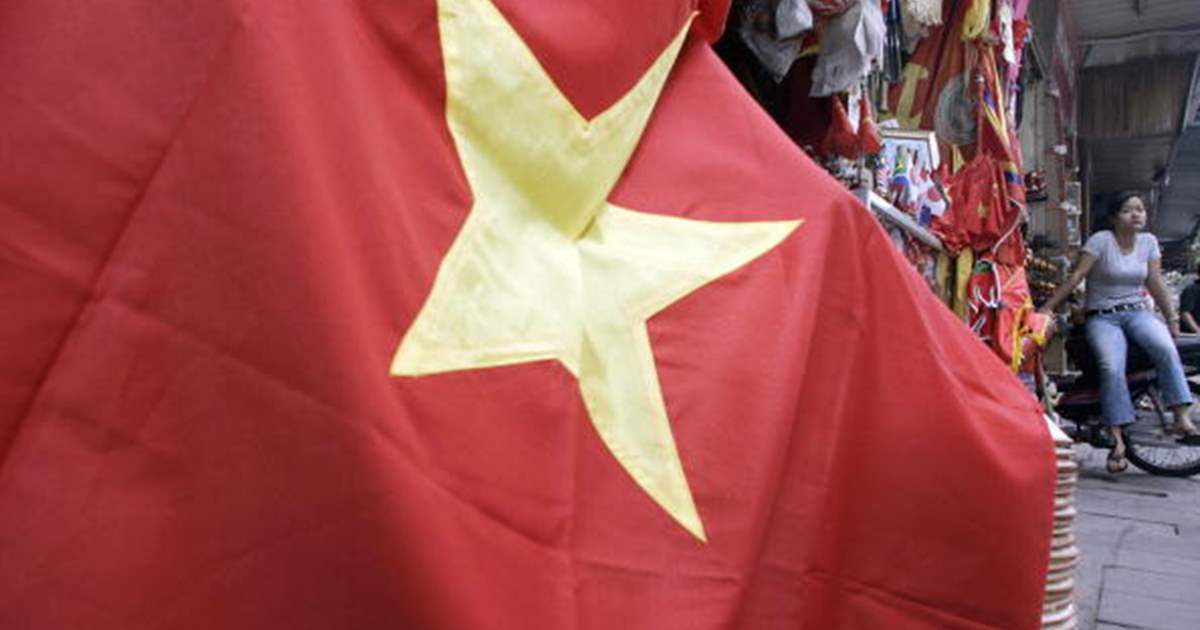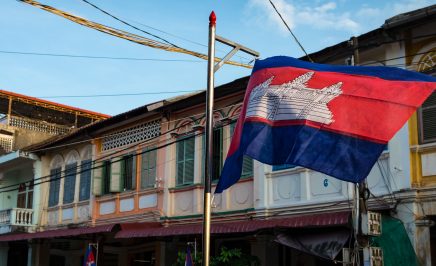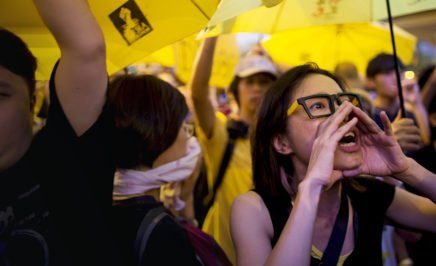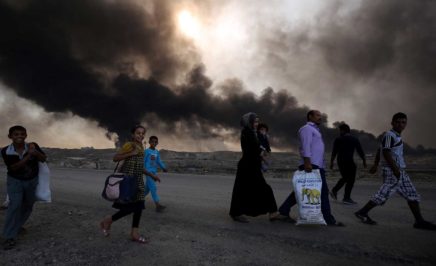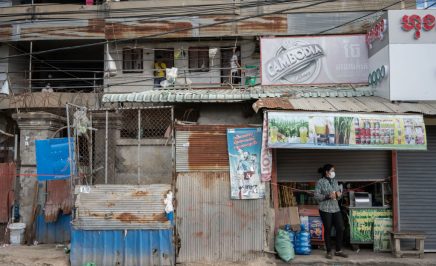The Vietnamese authorities must take urgent steps to avert a looming humanitarian and human rights crisis on top of the country’s Covid-19 battle, as strict lockdown measures increasingly harm society’s most vulnerable.
Amnesty International’s Deputy Regional Director for Research Emerlynne Gil said today:
“Military-enforced lockdowns are preventing many vulnerable people, especially in Ho Chi Minh City, from accessing enough food to survive during a devastating public health crisis.”
“The government must not allow a two-pronged tragedy of Covid-19 deaths and unendurable hunger to envelop a population where many were already suffering serious economic hardship before lockdowns began.”
“We are alarmed by credible reports that huge numbers of people have received next to nothing in terms of food. If the country is to carry out military-enforced lockdowns, sustenance supplied by the army must reach vulnerable people and meet nutritional needs.”
“Amid this period of intense suffering, police have also fined and arrested people who criticize the state’s handling of the crisis on social media and unleashed a disproportionate criminal crackdown on individuals caught spreading Covid-19.”
“Heavy-handed measures to enforce public health restrictions risk undermining the effectiveness of Viet Nam’s Covid-19 response. Instead of relying on punishment and other coercive approaches, Vietnamese authorities should implement a response rooted in respect for human rights.”
“The Vietnamese authorities must ensure that Covid-19 restrictions are the minimum necessary and proportionate to the aim of protecting public health as defined under international human rights law. Lengthy prison terms for Covid-19 spreaders and lockdowns that prevent people from accessing food clearly do not pass this test.”
Background
Vietnam is battling its deadliest outbreak of Covid-19 since the pandemic began. After initially proving a success story in its response to the pandemic, recording fewer than 1,500 Covid-19 cases and only 35 deaths by the end of 2020, cases have since skyrocketed to over 570,000, with just over 15,000 deaths. The majority of new cases and deaths have been reported in Ho Chi Minh City.
In response, Vietnamese authorities have enacted strict lockdowns in the nation’s hardest-hit regions. On 23 August 2021, officials in Ho Chi Minh City, the nation’s most populous urban area, imposed a severe, military-enforced lockdown that prevents people from leaving their homes even to access food. People must wait for the military to deliver supplies to their homes, a system that has failed to consistently fulfil the right to food for the city’s most vulnerable people, leaving many in a position of severe food shortages and hunger. The restrictions are expected to remain in place until the end of September.
Harrowing images and videos of hardship and suffering – and calls for help – have spread across social media, yet those caught criticizing the government’s handling of the pandemic have faced fines and arrest.
On 2 September 2021, police in Ho Chi Minh City fined Facebook user Nguyen Thuy Duong VND 5 million (approximately $210)after she shared a post online saying the authorities had neglected city residents and allowed them to go hungry during the lockdown. In early August, police arrested 33-year-old Tran Hoang Huan for sharing criticism of the government’s Covid-19 response on Facebook.
On 6 September 2021, Viet Nam sentenced 28-year-old Le Van Tri to five years for breaking Covid-19 restrictions and spreading the virus. On 30 March 2021, a court handed a two-year suspended prison term to a flight attendant under the same charges.
Vietnam is a party to the UN International Covenant on Economic, Social and Cultural Rights, which guarantees amongst others the rights to health and to food. The UN Committee on Economic, Social and Cultural Rights’, which monitors states’ compliance with the Covenant, states in its General Comment 14 that any restrictions and limitations on the grounds of public health “must be in accordance with the law, including international human rights standards, compatible with the nature of the rights protected by the Covenant, in the interest of legitimate aims pursued, and strictly necessary for the promotion of the general welfare in a democratic society”. They should be of limited duration, subject to review, and the least restrictive alternative must be adopted where several types of limitations are available. The Committee has also emphasized in the context of the pandemic that authorities must ensure sufficient food supplies reach all those in need.
